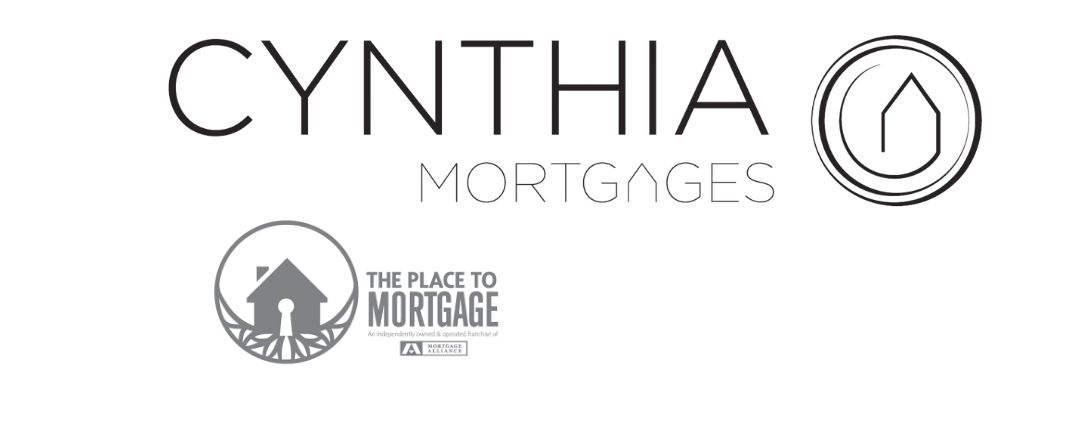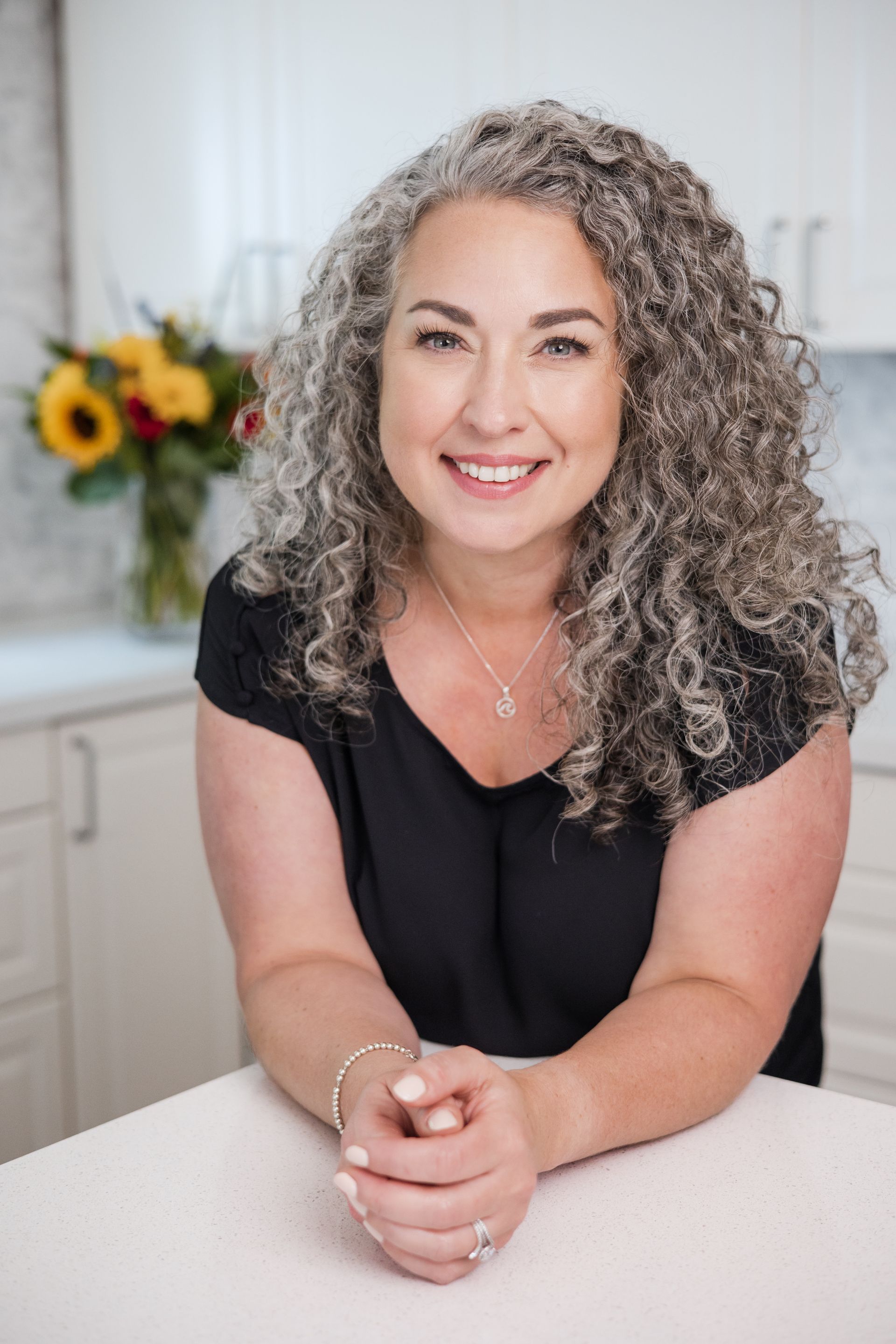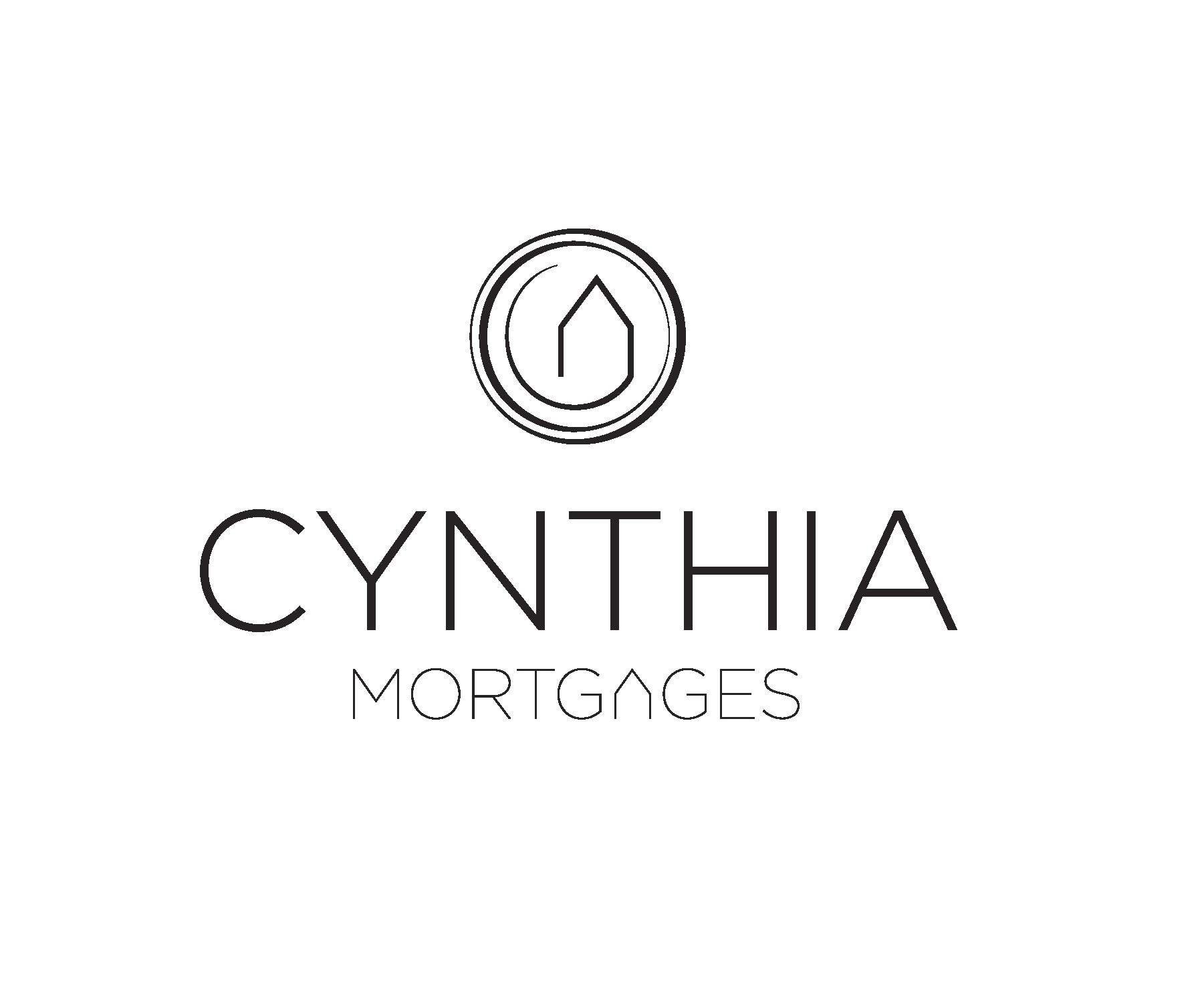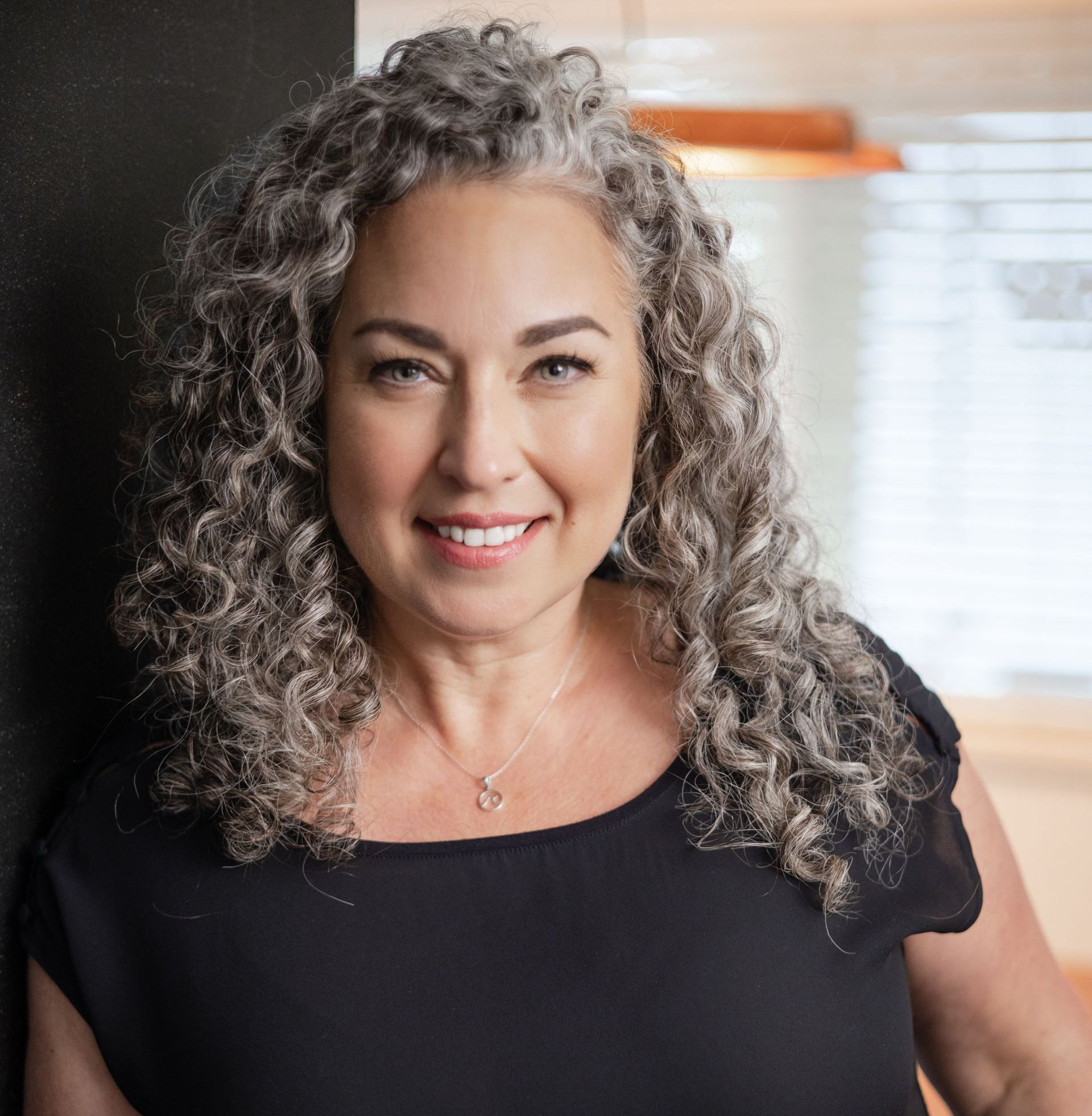First-Time Homebuyer? A New GST Rebate Could Put Thousands Back in Your Pocket
If you’re a first-time homebuyer eyeing a new build or major renovation, there's encouraging news that could make homeownership significantly more affordable.
The federal government has proposed a new GST rebate aimed at easing the financial burden for Canadians entering the housing market. While still awaiting parliamentary approval, the proposed legislation offers the potential for thousands in savings—and could be a game-changer for buyers trying to break into today’s high-cost housing landscape.
What’s Being Proposed?
Under the new legislation, eligible first-time homebuyers would receive:
- A full GST rebate on homes priced up to $1 million
- A partial GST rebate on homes between $1 million and $1.5 million
This could mean up to $50,000 in tax savings on a qualifying home—a major boost for anyone working hard to save for a down payment or meet mortgage qualification requirements.
Why This Matters
With interest rates still elevated and home prices holding steady in many regions, affordability remains a challenge. This rebate could offer meaningful relief in several ways:
- Lower Upfront Costs: Removing GST from the purchase price reduces the total amount of money buyers need to save before closing.
- Smaller Monthly Payments: A lower purchase price leads to a smaller mortgage, which translates to more manageable monthly payments.
- Improved Mortgage Qualification: With a reduced purchase amount, buyers may find it easier to meet lender criteria.
According to recent estimates, a homebuyer purchasing a $1 million new home could see monthly mortgage payments drop by around $240—money that could go toward savings, home improvements, or simply everyday expenses.
Helping Families Help Each Other
This proposal also offers a win for parents who are supporting their children in buying a first home. Whether through gifted down payments or co-signing, a lower purchase price and more affordable monthly costs mean that family support can go further—and set first-time buyers up for long-term success.
Is This the Right Time to Buy?
If you’re thinking about buying a new or substantially renovated home, this proposed rebate could dramatically improve your financial position. Now is the perfect time to explore your options and make sure your mortgage strategy is aligned with potential policy changes.
📞 Let’s connect for a free mortgage review or pre-approval. Whether you’re buying your first home or helping someone else take that first step, I’m here to help you make informed, confident decisions.








